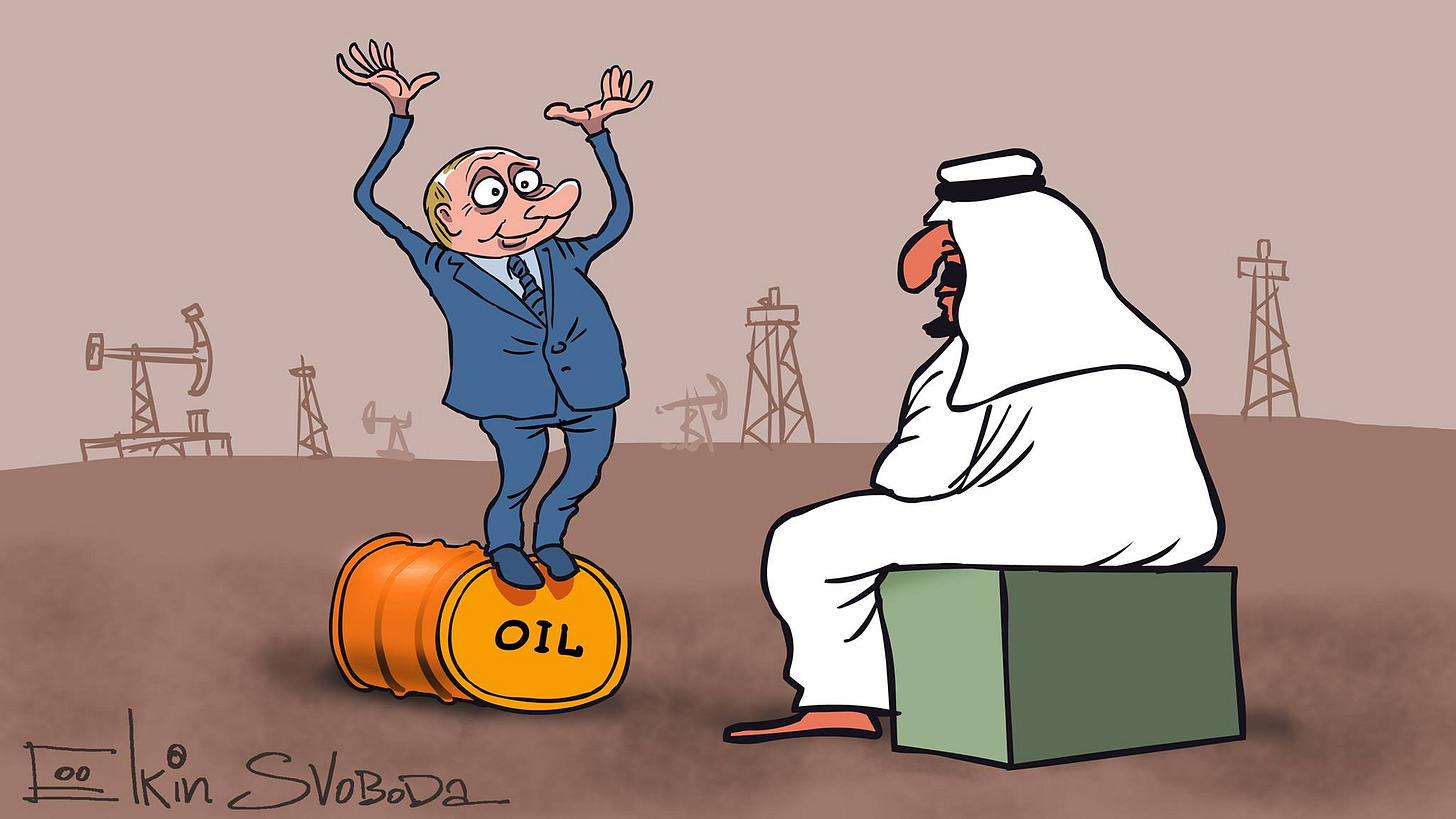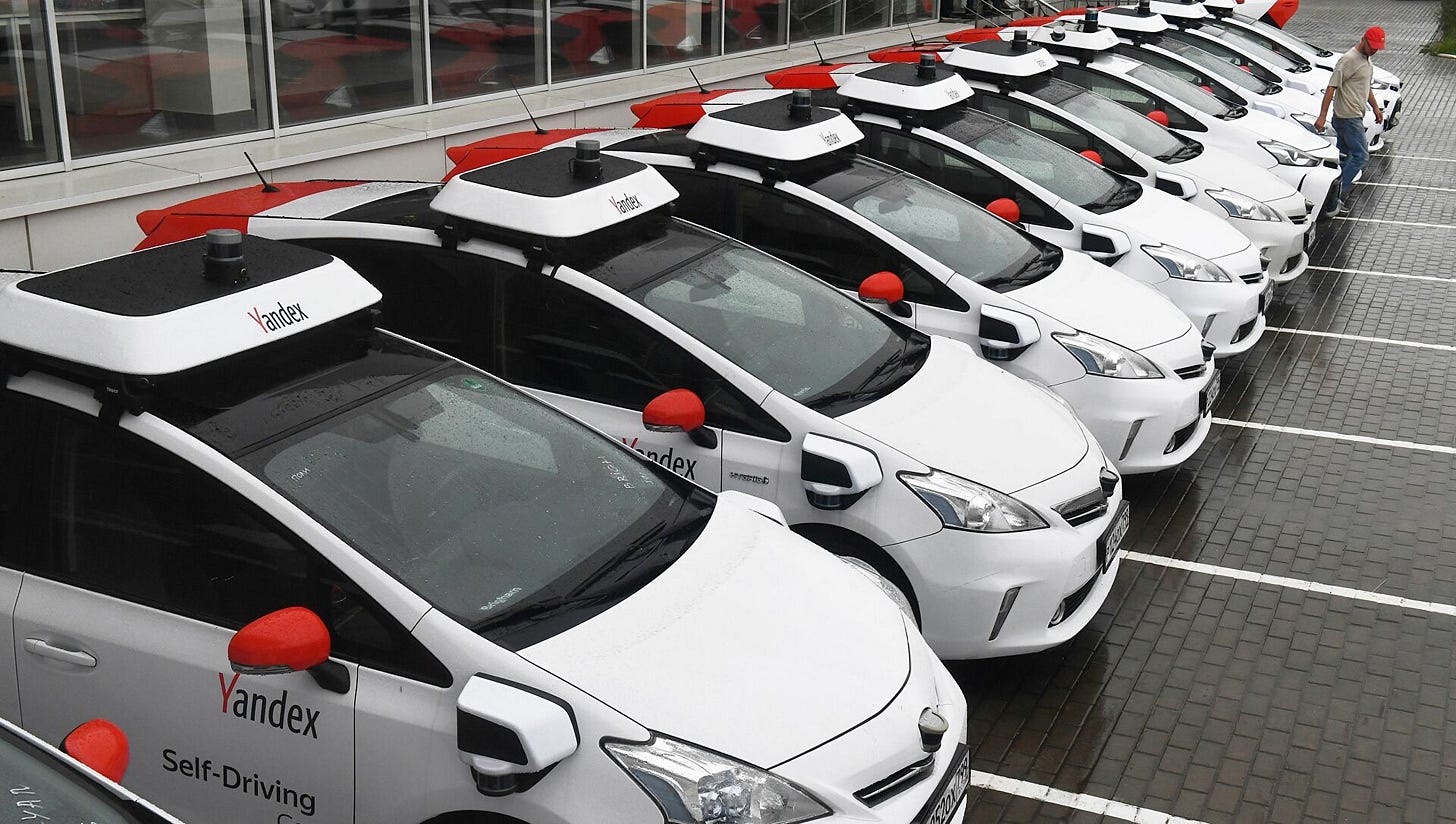Necessary but not sufficient. Another rule of a good bureaucrat. Better late than never
November 25, 2021
Necessary but not sufficient
The Russian State Duma approved the federal budget for 2022. To become a law, the upper chamber of the Russian parliament, the Federation Council, must support this document, and President Putin must sign it, but this is unlikely to be more than a mere formality. According to the Kremlin, the budget is too vital a document to be discussed by deputies.
Even the moderate forecast for oil prices ($62.2/barrel) ensures ultra-high stability: Revenues from oil and gas production and export can be used to finance expenses, based on a $44.2/barrel level, and will generate a surplus of 1% of GDP; additional oil-related revenues from the price exceeding $44.2/barrel will amount to another 1% of GDP and will flow to the fiscal reserve, the National Welfare Fund.
Unstable budgets and uncontrolled budget deficits usually lead to a financial crisis. But this does not work another way round: a stable budget and budget surplus are not indicators of stable economic growth. Necessary but not sufficient condition.
It’s okay, but...
Deputy Prime Minister Tatyana Golikova reported at a meeting with President Putin that the pandemic wave is gradually declining. But to this optimistic statement, she added a few grains of salt:
the decrease in the incidence is mainly due to Moscow, St. Petersburg, and the Moscow region,
the number of COVID-19 beds in hospitals decreased by 11% from the peak but exceeds 270,000,
mortality remains at a very high level and does not show a “significant decline” (I would say, it does not demonstrate any decline),
the incidence of infected children today is relatively high—significantly higher than in the first and second waves.
You can’t think without Putin’s order
After Golikova announced that the Sputnik V vaccine was registered in Russia for juniors 12 to 15 years old, Putin gave the command to develop a vaccine for children aged 2 to 5 years. (Within days, the Russian Ministry of Health should allow the beginning of the research for approval of Sputnik V vaccine reduced 10 times for kids aged 5 to 12).
P. - ...about the vaccine for children. As far as I understand, now, here, in Russia, and Europe, and many other countries, children, unfortunately, get sick more often and often quite seriously. Is this true?
G. - This is true...
P. - As the experts told me, in some other countries, particularly the People’s Republic of China, they have already begun to work on a vaccine for children from 2 years of age, right?
G. - Yes...
P. - We also need to think about it.
Another rule of a good bureaucrat
At the end of her speech, Golikova warned of the imminent arrival of a new wave of a pandemic. “We need to significantly reduce the incidence and achieve those [target] indicators of herd immunity...to pass the new epidemic rise in the safest way, and it will be; unfortunately, other countries have not escaped it.”
Although COVID-19 cases among children were the subject of particular discussion with the President, Golikova once again named the key government indicator, vaccination rate (calling it “herd immunity”): 80% of the adult population. According to her, in six regions of Russia, this figure will be achieved within a month.
I am surprised by this approach: 80% of the adult population is 60% of the total population of the country, and this level of vaccination does not prevent the spread of the virus. But Golikova knows another rule of a good bureaucrat: Always choose a metric that exaggerates your success. Agree that “herd immunity at 50.4%” sounds much better than “the full vaccination rate is 38.7%.” But we are talking about the same number—56.1 million people.
Who will be right: The prime minister or the author?
At the same meeting with the president, Prime Minister Mikhail Mishustin revealed some details of developing a nasal vaccine, which Vladimir Putin advertised last weekend. According to Mishustin, “Preclinical tests have already been carried out; they have shown that the vaccine is safe and works. The program of these clinical trials has also been prepared. Accordingly, permission has been issued to conduct the first phase with the participation of adult volunteers... Based on the results, 42 days after the start, an interim report will be prepared for registration of the drug. In parallel, the third phase of testing will begin.”
To make a long story short, if Putin believes that the nasal vaccine works, nothing can stop the rapid process of its approval; the Russian prime minister will deliver the consent soon.
However, not everyone shares his optimism. The director of the Gamaleya Research Institute, where the Sputnik vaccine was designed, Alexander Gintsburg, believes that the first two phases of clinical trials of the nasal form of the vaccine may take four-five months. After that, the new vaccine can be registered in a simplified manner and approved for use, “... and then, slowly, it would be possible to do the III phase [of the trials],” said Gintsburg.
Better late than never
The Minister of Digital Development, Communications and Mass Media of Russia, Maksut Shadayev, said that for nine months of 2021, the revenue of Russian IT companies amounted to 1.14 trillion rubles ($15.2 billion), and the export of software and accompanying services for six months amounted to $2.9 billion. These results could not impress anyone: Similar exports from Ukraine, for example, in 2020 exceeded $5 billion, and about the same amount was achieved in nine months of 2021, although the population of Russia is 3.7 times the population of Ukraine.
It can hardly be said that Ukrainian engineers are more talented or that their productivity is significantly higher than in Russia. The main reason for the difference is the tax burden. Ukrainian IT companies have built their business models using micro-companies permitted by law, which makes the tax burden several times less pressing than that of traditional corporations. For a long time, the Russian authorities refused to provide the IT sector with tax breaks, which hindered the creation of large companies and encouraged engineers to engage individually.
Starting in 2021, the profit tax for IT companies in Russia is reduced from 20% to 3%, and the payroll tax rate is cut to 7.6% vs 30% for other sectors.
On the one hand, such a decision is considerably delayed and justified: For exporters of raw materials, the share of labor in their production costs does not exceed 5%; for Russian IT companies—it is more than 30%. For the latter, the traditional tax burden—30% payroll tax and 20% VAT above that—becomes prohibitively high and makes Russian companies uncompetitive. On the other hand, it is impossible to understand why such privileges were given only to IT companies. Designers, lawyers, and other sectors on which the tax burden is no less heavy did not receive them.
You need two to tango
Russian President Vladimir Putin and President of the European Council Charles Michel discussed the situation on the borders of Belarus with the EU countries in a telephone conversation, the Kremlin press office reports.
The Russian president is again attempting to break through the isolation of Alexander Lukashenko, insistently recommending that the European Union establish a dialogue with Minsk. The need for this conversation arose after Germany announced the end of negotiations on the new government coalition, which led to Angela Merkel’s departure from the position of chancellor. This will make it impossible for her to continue communicating with Alexander Lukashenko. In contrast, the hopes that the new German Chancellor, Olaf Scholz, from the very beginning will receive a mandate from the European Union to continue this dialogue are not very high.
You need two to tango: Putin wants to support his ally, Brussels wants to see the positive actions of Minsk, which Charles Michel spoke about two days ago in the European Parliament, to continue.
Patrushev knows everything
The Kremlin continues to intensify its alarmist statements about what is happening in Ukraine. Putin’s spokesman, Dmitry Peskov, believes that the phrase uttered by the secretary of the Russian Security Council, Nikolai Patrushev, that “at any moment in Ukraine it could flare up,” is well-reasoned.
“This is the point of view of the boss of the Security Council, which has a vast range of information; this agency analyzes information and simulates various development scenarios. Here he expresses his point of view, which is not a point of view that does not rely on anything,” Peskov told reporters.
Experiment in Moscow
The Moscow City Duma has permitted the Moscow government to introduce an experimental legal regime for testing self-driving taxis in certain districts of Moscow.
In July 2020, a law came into force in Russia, giving the regions the right to introduce special conditions for innovative digital companies on their territory—an experimental legal regime. Under this regime, it is possible to temporarily overrule existing regulations, requirements, or prohibitions in the digital sphere, including those established at the federal level. In March 2020, the Russian government authorized testing and phased commissioning experiments of self-driving vehicles.
Moscow has allocated 140 street sections where self-driving taxis may be tested without passengers and baggage and 19 areas where those cars may carry passengers and luggage.
Earlier, the Russian internet holding, Yandex, announced that it plans to launch testing of a self-driving taxi in one of Moscow’s districts this fall, conditioned on approval of the experimental legal regime.
Currently, the bill that defines the rules for self-driving vehicles in Russia is under consideration by the government and experts. According to the plan approved by the Prime Minister, the law should come into force at the beginning of 2025. The draft establishes that the owner of a self-driving vehicle carries full responsibility for possible incidents, being allowed to make claims against the developer if he can prove that the incident resulted from equipment errors. The same liability procedure will apply during the testing period. According to the government’s decision, the owner’s liability to third parties must be insured for at least 10 million rubles ($133,500).
Sanctions against the university
The U.S. Department of Commerce announced the introduction of export restrictions on one of the leading Russian universities, the Moscow Institute of Physics and Technology (MIPT). In the latest ranking of global universities by the American magazine U.S. News & World Report, MIPT keeps, of course, a modest 435th position (385th last year). Still, among 23 Russian universities included in this rating, it came second, behind only Moscow University (324th and 285th, respectively). In the international ranking of universities from countries with emerging economies, The Times Higher Education (THE) Emerging Economies University Rankings 2021, MIPT keeps 11th place globally.
“The Bureau of Industry and Security has decided to add the Moscow Institute of Physics and Technology to the list related to the end-users of military products (MEU list). The decision was made due to the fact that the institute produces military products for the military end-user,” says the statement.
This decision allows the restriction of export, re-export, and transfer of products to individuals and companies “in cases where there is a reasonable degree of probability that they have been, are engaged in, or will be engaged in activities that undermine national security or U.S. foreign policy,” as well as require a special license for purchases of certain types of goods in the United States.
Dear subscribers!
I want to thank you for your interest in reading my digest! You will not receive Behind the Iron Curtain tomorrow, November 26—Black Friday makes everyone really busy.
I still plan to provide Saturday’s essay.



